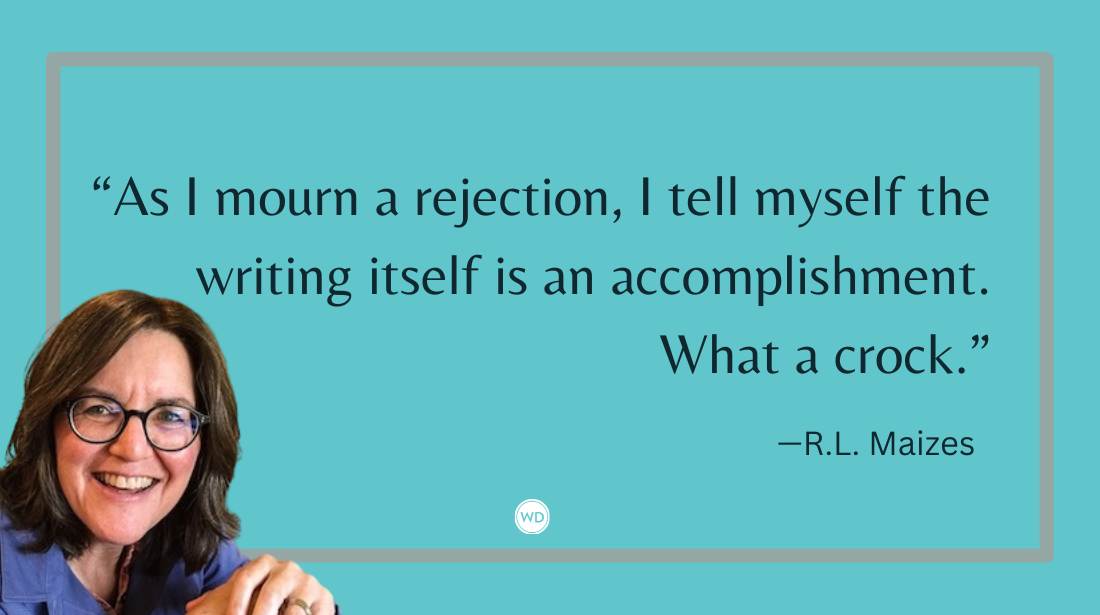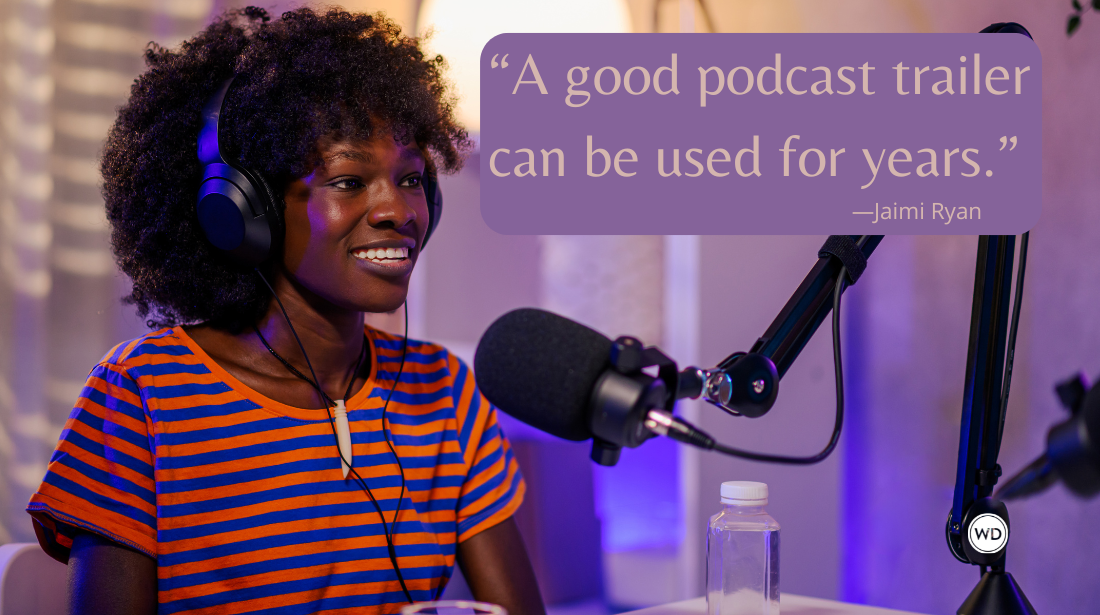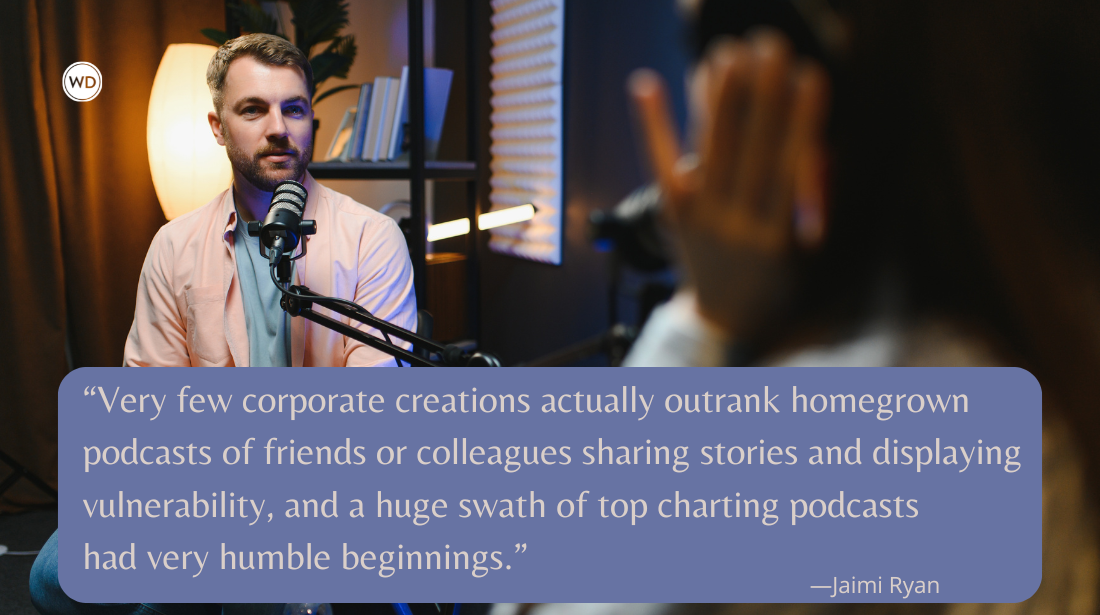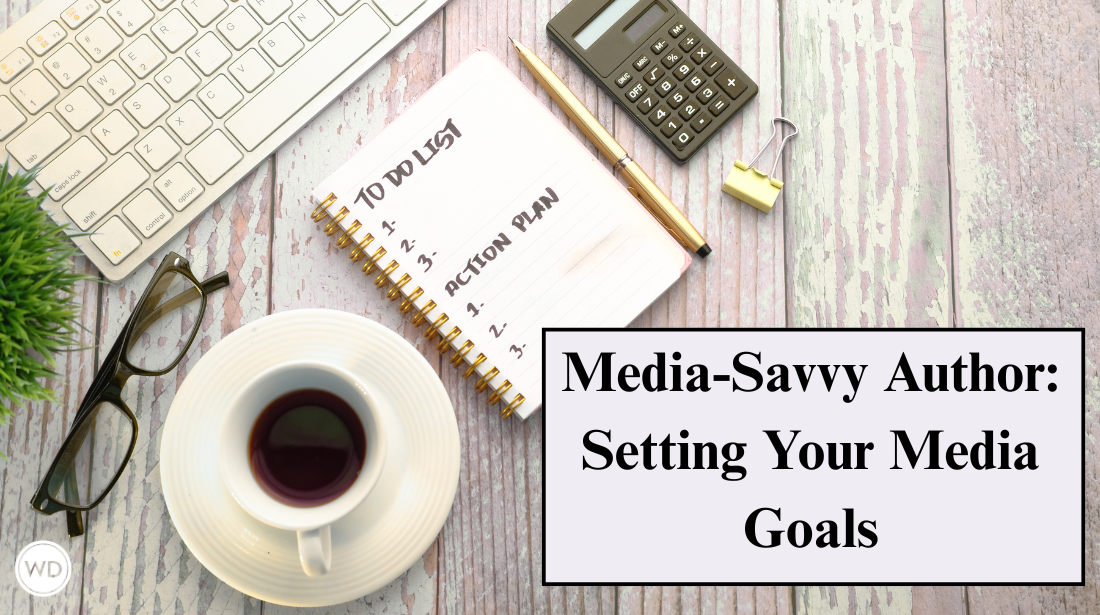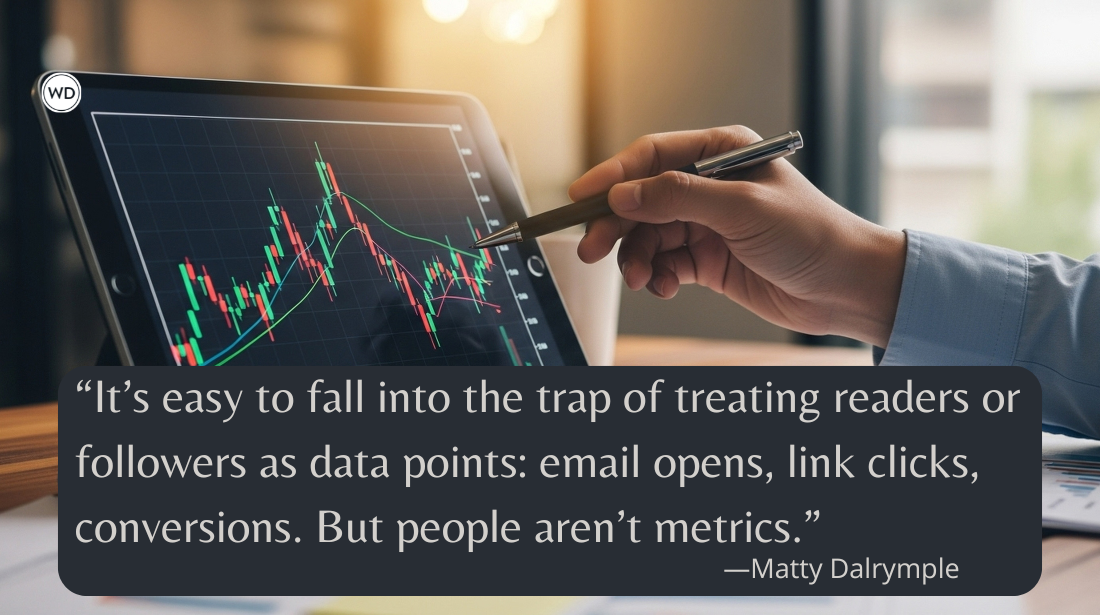What, Me Market? (Book Marketing for the Clueless)
Today’s guest post comes from celebrated short-story writer Robin Black. I asked her to share how she managed to get an agent and secure a deal for her collection of…
Today's guest post comes from celebrated short-story
writer Robin Black. I asked her to share how she managed to get an
agent and secure a deal for her collection of short stories, which as
many of us know, "do not sell" — and then how she approached marketing. This is the first part of a two-part series.
It
happens at just about every reading, just about every Q&A. Someone
asks me what I have “had to do” to sell my book.
It’s almost always
put that way, as though self-promotion were some kind of punishment or
penance; and I appreciate that recognition. I didn’t become a writer
to engage in a sales campaign. I didn’t become a writer so I could
describe in catchy sound bites the stories it took me years to produce. I didn’t become a writer so I could spend hours discussing the question
of whether my age, a non-negotiable fact as far as I can determine, is
or is not a selling point, should or should not be emphasized in my
publicity materials.
I didn’t become a writer to have publicity
materials.
Marketing is not what lures a writer to this pursuit. Marketing is the adversary that arrives smuggled inside the Trojan Horse
of one’s creative impulse.
Or so it seems to me anyway. I know
there are those who actually enjoy the process, the whole process and
not just the part that I do in fact love which is meeting passionate
readers while out on the road. And doubtless those marketing naturals
have a lot to teach me.
But sometimes those of us who have difficulty
with something need to speak to one another. So this, folks, is book
marketing for the clueless. And the shy. And the naturally
self-doubting. And the people who still aren’t entirely comfortable
with the thought of their work out in the world—much less themselves.
1. While Writing the Book
The current common wisdom is
that even before you have finished your manuscript, you should build a
following. People talk about “having an internet presence.” This means
being on Twitter, on Facebook, blogging, commenting on other people’s
blogs, and so on. If possible, so the current common wisdom goes, you
should be able to demonstrate to an agent (who can then pass the good
news on to potential editors) that there are already thousands of people
out there impatiently waiting for your book.
I have
very mixed feelings about this advice, as I do about all advice that
carries in it the danger of placing commercial concerns over artistic
ones. There’s certainly nothing wrong with the enviable comfort of
knowing that 3,000 denizens of Twitter are holding their collective
breath in anticipation of your debut.
But there is a huge problem with
spending so much time cultivating that following that you either never
write a book at all, or never write the book you might have written had
all your energy been focused on it. And it goes beyond a practical
question of apportioning your time and focus. For many writers it’s
artistically necessary to forget that other people are going to read
their work. Many need to cultivate a liberating illusion that all this
is a private pursuit. I even counsel my students to put a sticky note
on their computers that says: No one ever has to read a word that I
write to free themselves up.
So, the first rule of that sort of
pre-marketing is do it only if it isn’t interfering with your work in
any way, either practical or psychological. First, last and always
write the book you most passionately want to write. I promise you that
if you are a real writer, you’ll regret neglecting the writing a lot
more than you will ever regret that you didn’t market hard enough.
Take
Away Lesson: If it doesn’t interfere with your work to cultivate an
internet presence through all the many social networks, go for it, it
can only help; but THE BOOK COMES FIRST!
2. Getting an Agent
For
those of us who don’t get into the marketing game until our manuscript
is complete, the process of acquiring representation is usually our
first experience of selling ourselves. It certainly was for me. There
are plenty of excellent resources out there on how to write a standard
agent query letter and it’s a necessary skill. But I’m going to address
something else: Is there ever a time to break those rules?
In my
imagined Encyclopedia of Marketing Yourself, under What Not To Do,you
will find the following snippet from the query letter—make that the
second query letter—I sent the man who ultimately became my agent:
This is where I fess up that I wrote you last summer. Since I didn't
hear back, I'm assuming that's because you decided against me, but I'm
hoping it's because the e-mail never reached you. I am trying again—for the last time, I promise—because your blurb on the agency's
website says you like literary fiction and voice-driven nonfiction, and
that is what I write. … I apologize if this second query letter
qualifies as bugging you. As I say, I won't send another should this
one also go unanswered.
The purpose of this post is to share
lessons I’ve learned about the business aspects of this profession, but I
have to admit, it’s been difficult to figure out what lesson can be
drawn from that bit of earnest, stumbling and—strangest of all—successful communication.
That you should hound agents until they
relent? No. Truly, no. That you should have your heart set on a
particular agent even though you have never met? Absolutely not. For
any number of reasons, that’s a terrible idea.
In the end, arguably,
the most important lesson from my experience is not a lesson at all but a
fact of life. To succeed at any of this, as at anything, you need some
good luck along the way. My good luck in this case was that this
particular agent wasn’t annoyed by my persistence or by my informal,
almost confessional tone. My educated guess is that many, many agents
would have been.
I think there’s a real lesson here too about when
to risk stepping outside the rules. I have a vivid memory of doing the
calculation before sending off that note and realizing that I had
nothing to lose. My initial query had gone unanswered. (Turns out, he
had never seen it.) Had the follow-up also gone unanswered, I would have
lost no ground. I think it’s very important to have an awareness of
what’s at stake if you’re making a bold or even peculiar move—and
then, when you have nothing to lose, when the bridge you may be burning
is already pretty much burned, don’t rule out doing something a little
outside the norm.
With this very important proviso: Manners
count. If, instead of apologizing and assuring the recipient that I
wasn’t going to continue hounding him, I had taken him to task for
failing to answer the earlier e-mail or had bragged about what a prize he
was missing by ignoring me, he would have deleted with no regrets. What agents know and new writers sometimes lose sight of is that when
you query, you aren’t just asking an agent to accept or reject your
work, you’re suggesting that the two of you enter into what may be a
very long, peculiarly intimate relationship. That query letter is the
first clue he or she will have about whether or not that seems like a
good idea. If the agent doesn’t like you, there’s little chance you’ll
ever find out if he or she likes your work. And maybe that’s doubly,
triply true if you’re already bending the rules.
Take Away Lesson: Don’t preclude stepping outside the strictest rules for querying, but be
sure you understand what you’re risking and always, always remain
respectful and polite.
Robin Black’s first
collection of stories, If I Loved You, I Would Tell You This (Random
House), is available now.
"Eight years of writing and revision result in
a high-caliber short story collection reminiscent of works by Atwood
and Paley." —Library Journal (Starred Review)
Robin is currently at
work on a novel.
Jane Friedman is a full-time entrepreneur (since 2014) and has 20 years of experience in the publishing industry. She is the co-founder of The Hot Sheet, the essential publishing industry newsletter for authors, and is the former publisher of Writer’s Digest. In addition to being a columnist with Publishers Weekly and a professor with The Great Courses, Jane maintains an award-winning blog for writers at JaneFriedman.com. Jane’s newest book is The Business of Being a Writer (University of Chicago Press, 2018).




